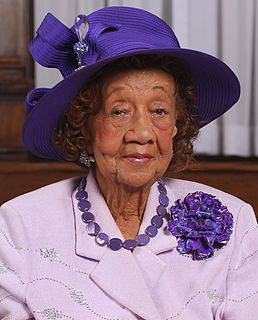A Quote by Michael Ignatieff
The core of human rights work is naming and shaming those who commit abuses, and pressuring governments to put the screws to abusing states. As a result, human rights conventions are unique among international law instruments in depending for their enforcement mostly on the activism of a global civil society movement.
Related Quotes
It is a great problem for the true international agenda of human rights that the United States, uniquely among industrialised countries, has not ratified three main instruments, has not ratified the Covenant on Economic, Social and Cultural Rights, or the Convention on the Rights of the Child, or the Convention for the Elimination of Discrimination Against Women, and we could have so much richer a debate and dialogue on international human rights standards if the superpower would sign up to the agenda.
My friends, to those who say that we are rushing this issue of civil rights, I say to them we are 172 years late. To those who say that this civil-rights program is an infringement on states’ rights, I say this: The time has arrived in America for the Democratic Party to get out of the shadow of states' rights and to walk forthrightly into the bright sunshine of human rights.
US law and international human rights law have radically diverged in the past years in terms of the recognition of indigenous people's rights. International human rights law now looks at not whether or not the tribes have formal ownership or legal title in a Western legal conception might have it, but rather they look at the tribe's historical connection to that land.
Human rights and international criminal law both illustrate the contradictory potential of international law. On one level, the imposition of human rights norms is a restraint on interventionary diplomacy, especially if coupled with respect for the legal norm of self-determination. But on another level, the protection of human rights creates a pretext for intervention as given approval by the UN Security Council in the form of the R2P (responsibility to protect) norm, as used in the 2011 Libyan intervention. The same applies with international criminal accountability.
Every government has signed up to a voluntary legal commitment under at least one of the international covenants and conventions based on the Universal Declaration of Human Rights. But who is holding them to account? Our mission is to make it known that these conventions are good tools for civil society to hold their local authority, their government and businesses accountable.
There are those who argue that the concept of human rights is not applicable to all cultures. We in the National League for Democracy believe that human rights are of universal relevance. But even those who do not believe in human rights must certainly agree that the rule of law is most important. Without the rule of law there can be no peace.
Nineteen sixty-eight was one exciting moment in a much larger movement. It spawned a whole range of movements. There wouldn't have been an international global solidarity movement, for instance, without the events of 1968. It was enormous, in terms of human rights, ethnic rights, a concern for the environment, too.






























